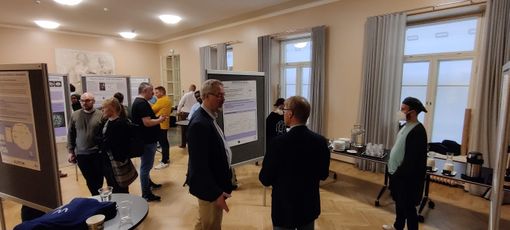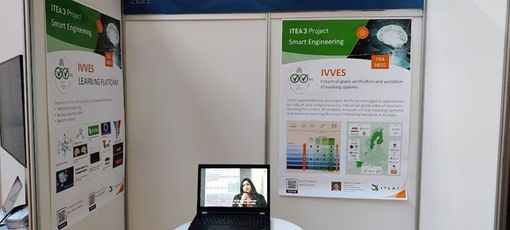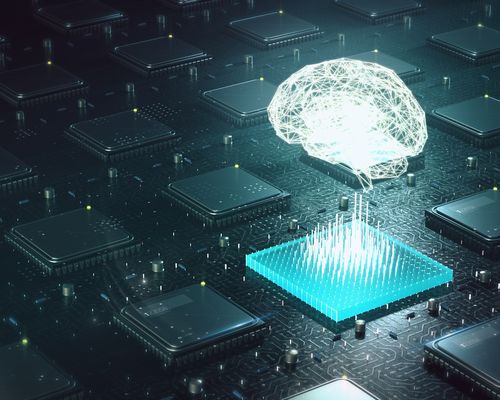IVVES shares project results in public dissemination session and short videos
The ITEA project IVVES is in its closing phase. To disseminate its many interesting results, a dissemination poster session was organised on 13 September 2022, adjacent to the ITEA PO Days in Helsinki. Short videos were recorded during this session, which were presented on the IVVES booth at EFECS on 24-25 November in Amsterdam. The videos are now also publicly available online.


The IVVES project has developed new methods to use AI for verification and validation of evolving systems and for the verification and validation of AI applications. With this public poster session at the University of Helsinki, IVVES aimed to disseminate its progress in state-of-the-art. Short video pitches were recorded, which are shared below:
- Quality AI Framework (Tijana Nikolic): Framework to overcome the Valley of Death after proof of concept in AI.
- Data collection in engineering (Claes Lundholm & Ifeoma Urama): How to collect data during engineering to ensure traceability from requirements, through design to test results.
- Synthetic 3D brain images for MRI planning (Harri Pölönen & Mark Pijnenburg): How to generate synthetic images of the brain and the advantages for training and testing ML algorithms.
- Data collection in operations (Claes Lundholm & Ifeoma Urama): Data collection from legacy fleets to enhance them with modern diagnostics.
- Data quality wrapper (Tijana Nikolic): An accelerator for automatic pre-processing and report generation for various types of data.
- Better unsupervised anomaly segmentations (Juha Myllari): Improvement of unsupervised anomaly segmentation in images.
- Node co-activations in neural network error detection (Lalli Myllyaho): Monitoring rare node activations to detect errors.
- Flaky test detection (Tatu Aalto): Monitoring change in test states to simplify analysis of the test results.
- Hybrid approach to unsupervised semi-natural language data classifications (Zafar Hussain): New insights to a hybrid approach for classifying semi-natural language.
- Scriptless GUI testing (Pekka Aho): “Monkey testing” of GUI’s through AI/ML and Testar.
- MACAU (Janne Merlinna): MACAU is an enabler for bringing high-performance non-linear models to applications domains where it is a necessity to indicate if a prediction is trustworthy.
- Self-improving MLOps (Luo Yuma): Concept and architecture of self-improving MLOps.
- Grouping test log failures (Tatu Aalto): Tool for grouping similar test failure strings together to indicate how often the same error triggers a failure in different test.
- Machine Spraak (Timo Lehtonen & Niko Laaksonen Machine): Analysis of audio data with AI and ML for predictive maintenance of machines, including concrete examples.
- ML Documentation with model cards (Vlad Stribu): How to realise continuous documentation for describing ML models by using model cards.
- DSI visualisation (Johan Plomp): Visualisation of multi-class identifiers for understanding the reasoning behind decisions taken by AI networks.
- Assist suite (Almira Pillay): The Assist Suite is a data-driven suite that helps to accelerate the software development and testing process.
For your convenience the videos have been grouped in a playlist. To learn even more about the IVVES tools visit the online learning platform and start experimenting yourself!
More information
Related projects
IVVES
Industrial-grade Verification and Validation of Evolving Systems


